Emel magazine
On 30th March 2005 the Swiss philosopher Tariq Ramadan issued a call for the immediate suspension of all hudud punishments. Some, including the Mufti of Egypt, took him seriously. Others see in him a dangerous loose canon that is upsetting traditional perspectives and fomenting trouble. During one of his frequent visits to the UK, Mahmud Al-Rashid caught up with the man whose life appears to leap from one controversy to another..
“The sharia has been reduced to a legalistic formulae in the minds of many, whereas its primary objective is to achieve justice… the people who suffer most are the weak, the poor, the vulnerable and the women.”
« Such pronouncements may explain why his non-Muslim detractors have described Tariq as “the most dangerous man in Europe.” Some of them see him as the “Trojan horse of jihad in Europe.” Others, that he is a “cold-blooded Islamist.” These expressions of fear and alarm, apart from often being malevolent, are dangerous. Europe has a long history of persecution, whether it is the Crusades, the Spanish Inquisition, the Nazi Holocaust or the more recent Serb genocide and Tariq is uneasy that the language normally reserved for the far right political groups has so easily seeped into mainstream European political discourse. »
« Anti-semitism is an allegation that has been levelled against Tariq. Two years ago he had criticised some of the leading lights of French intellectuals of “communitarian politics” and of betraying their noble liberal traditions by eagerly supporting the Anglo-American war on Iraq; he thought they were too enthusiastic to “serve Israeli interests” at the expense of Palestinian suffering. He also thought that their unjustified assertion of a new wave of anti-semitism from Arabs and Muslims was designed to target Muslims. Tariq recognised the existence of anti-semitism, but instead of working together to remove all forms of racism and hatred, he argued that these intellectuals were fanning the flames of hostility between communities. The backlash was instant and it was intense. Bernard Kouchner and Bernard-Henri Levy were ruthless in their attack on Tariq for this embarrassing charge upon their integrity and a public vilification followed. Kouchner, otherwise a humanitarian, called Tariq “the most dangerous man in Europe.” Levy, the author of Who Killed Daniel Pearl described him as the “intellectual champion of all kinds of double-talk.” But Tariq would not yield, retorting that such defenders of Israel “simply did not want the voice of a Muslim who seeks common grounds with the West to be heard. They consider it a threat to have Muslims offer a different reading of the situation in the Middle East than their dominant version of reality, and to have Muslims calling for a reconciliation rather than confrontation with America and the West.”
http://www.emelmagazine.com/
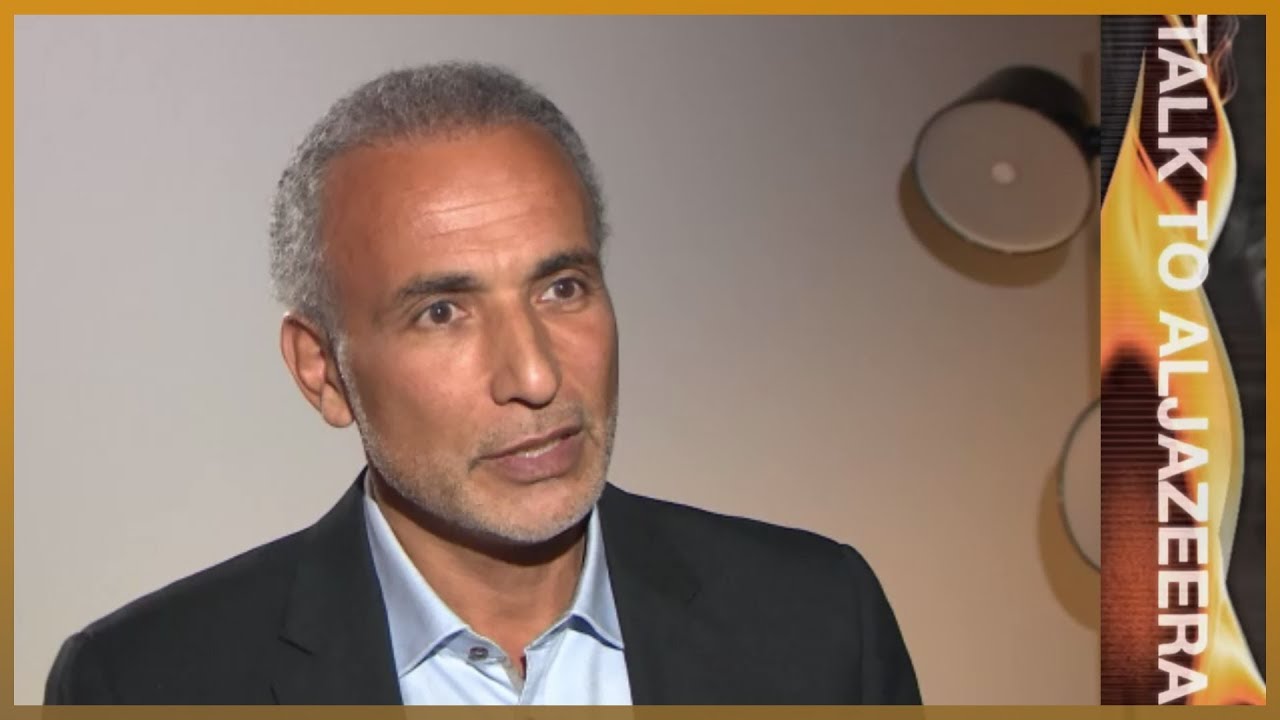

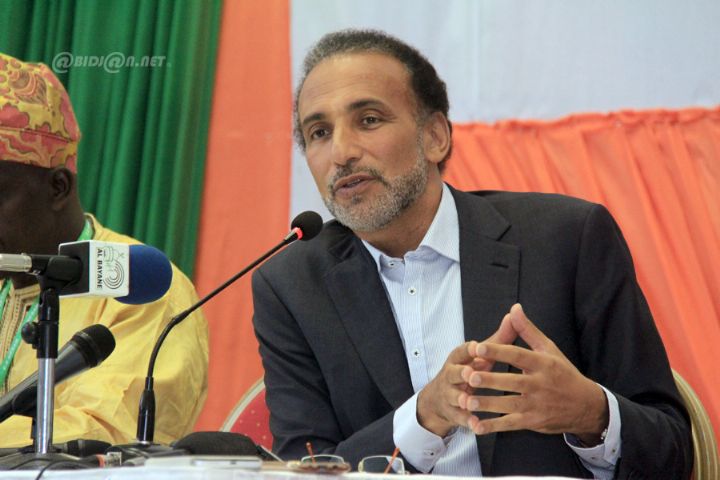
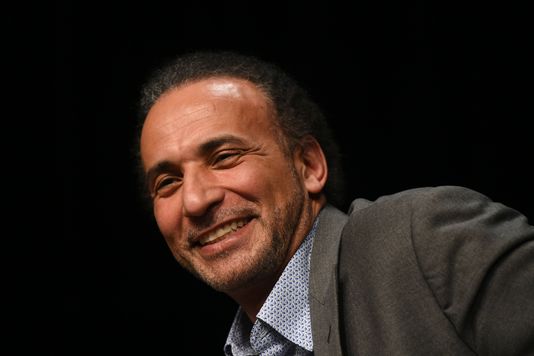
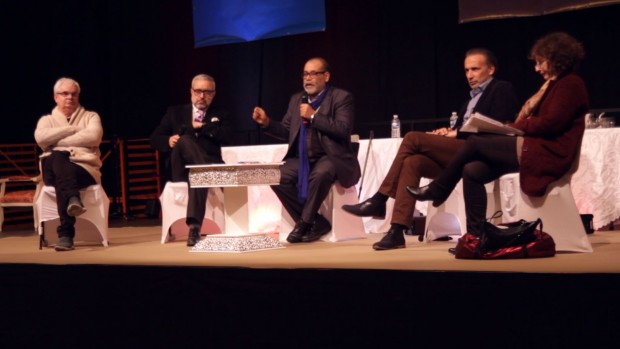
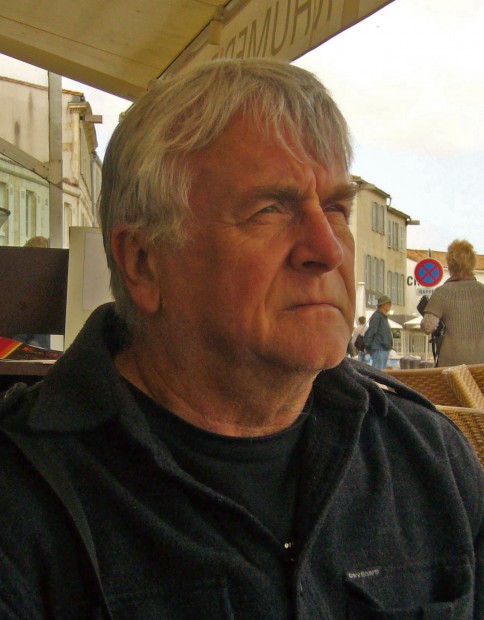


Cher frère Tariq. Je viens de lire cet article en anglais. Etant professeur d’anglais et sachant que beaucoup ne maîtrisent pas la langue de Shakespeare, je me demandais si vous ne souhaiteriez pas une traduction en français de cet article. Cela pourrait être une aide et un soutien à votre travail pour lequel j’ai plus que du respect, de la reconnaissance. J’en profite pour remercier tous ceux qui contribuent à la bonne marche de votre site. Que tous soient récompensés. salam
Merci. Ceci est très intéressant. home